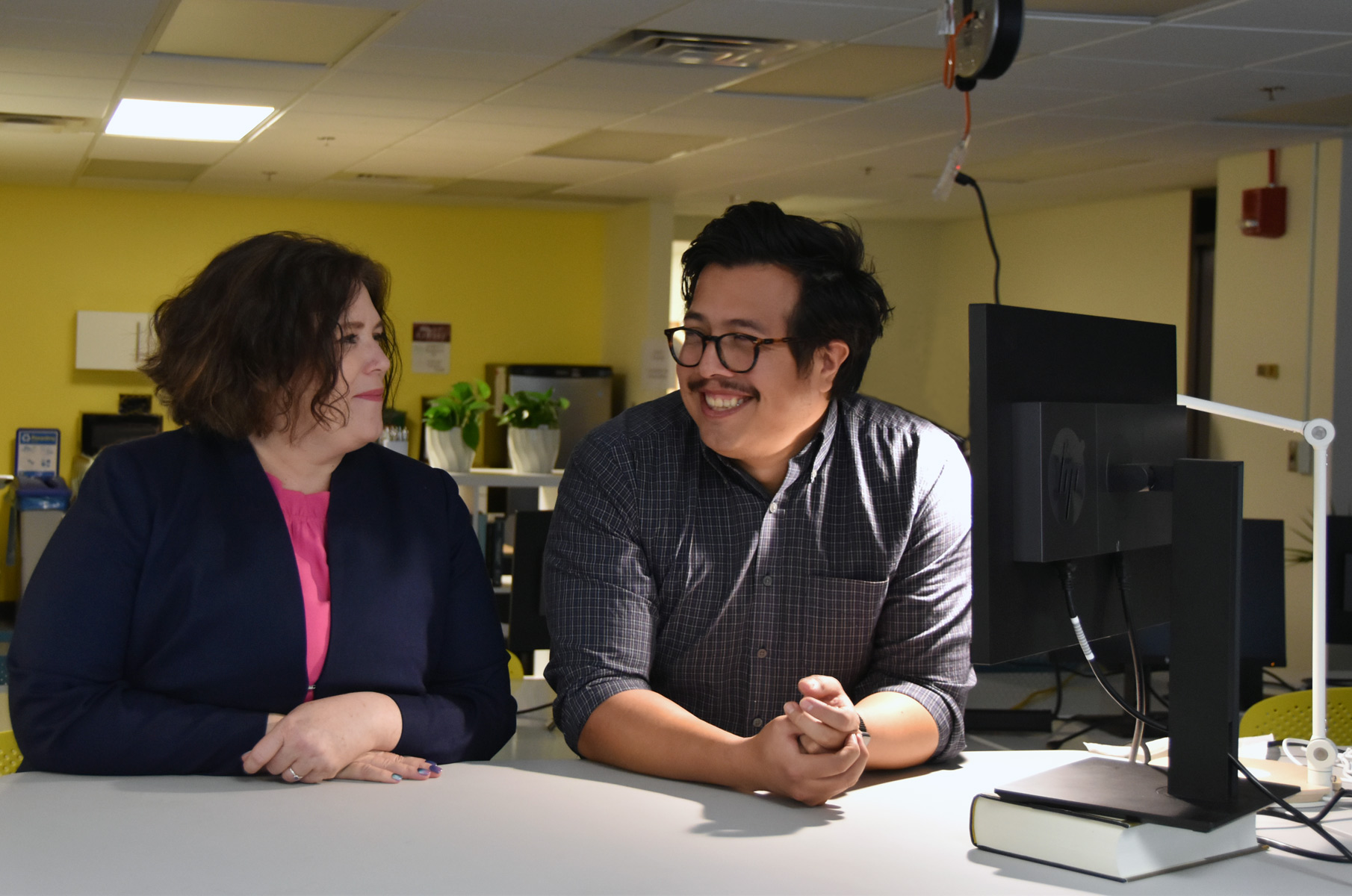Emerging Inequality Scholar Award
The Stone Center for Inequality Dynamics (CID) at the University of Michigan seeks applications for our Emerging Inequality Scholar Awards for the 2025-2026 academic year.
The Stone Center is an open and multidisciplinary research center, bringing together students and faculty from a variety of fields, including sociology, economics, public policy, social work, philosophy, education, and others. It pursues cutting-edge research and innovative teaching on one of the central societal challenges of our time: social inequality. With a focus on the dynamics of social inequality, CID’s scientific mission is to develop a better understanding of changes and stability in social inequality across time, generations, and sociopolitical contexts. The center also helps expand the social scientific data infrastructure available to support research on these topics and increases the accessibility of high-quality data for inequality researchers everywhere.
Applications open
Applications are due by February 11, 2025,
at 11:59pm EST.
One of CID’s main goals is to support the next generation of inequality scholars. We strive to advance foundational research on inequality by building a cohesive and vibrant intellectual community that involves scholars from all careers stages and multiple social science disciplines. The CID Emerging Inequality Scholar Awards provide early-career social scientists with dedicated time to pursue their research in an intellectual community with a culture of engagement and collaboration.
Given the mission of the center, we especially encourage individuals who meet the Rackham Merit Fellowship criteria to apply, and we welcome applicants from many educational, cultural, geographical, racial, ethnic, and familial backgrounds.
Eligibility
The competition is open to graduate students at the University of Michigan who have achieved candidacy by the Award term start date and are doing research on the topic of socio-economic inequality.

Expectations
The Award recipient is expected to:
- Be an active participant in the intellectual life of CID during the academic year of their award, through attendance at monthly lab meetings and other occasional events, such as external speaker presentations
- Present their project goals at a CID lab meeting towards the beginning of the Award semester
- Submit a draft of the paper resulting from the project within one year of the start of the Award
- Acknowledge ISR, CID, and this Award’s support in publications and presentations resulting from the project
The Award is intended for use within one year. Recipients may not hold the Award in conjunction with another award/fellowship.
Funding and Resources
The Emerging Inequality Scholar Award will provide funding for independent research that is equivalent to the funding provided by a 50% GSRA position for one semester. The Award may be used for the Fall, Winter, or Spring/Summer semester. Additionally, the Award will provide funding for one semester of tuition and GradCare health and dental insurance coverage during the term of the Award.
The Award also includes $3,000 in research support, which may be spent on research-related travel, the acquisition and analysis of data, the hiring of an hourly research assistant, attending a conference (if the awardee is presenting their work), or other research-related expenses with prior approval.
Award recipients will also have access to flexible working space, including open and shared work spaces with external monitors, zones for writing, collaboration, meetings, and social gathering.
To Apply
Applications are due by February 11, 2025, at 11:59pm EST.
Please submit:
- A completed application form.
- A current CV.
- A proposal of the research to be undertaken during the fellowship year.
- A letter of recommendation from your dissertation committee chair or primary academic advisor.
See below for details.
Selection Criteria
Applications will be reviewed by a multidisciplinary team of CID scholars.
Applications will be evaluated based on:
- The promise of the research proposal and the applicant’s demonstrated preparation to undertake it
- The proposal’s fit with CID’s mission (see above). We especially encourage applications related to CID’s 2025-2026 priority research areas: wealth inequality; housing and/or urban economics; and racial and ethnic economic inequality.
- The applicant’s fit with the Rackham Merit Fellowship (RMF) criteria for eligibility and evaluation.
Given CID’s multidisciplinary nature, the disciplinary mix of Awardees will also be considered in the selection process.
Application Procedures
Applications are due by February 11, 2025, at 11:59pm EST.
Please submit:
- A completed application form.
- A current CV.
- A proposal of the research to be undertaken. The proposal should be no more than 2 single-spaced pages (using 11- or 12-point font and one inch margins), with up to 1 additional page of references, tables, and figures. The proposal should include:
- The research question and contribution of the proposed research.
- An overview of the proposed data and research design.
- A description of the applicant’s prior educational, research, or life experiences that have prepared them to undertake the proposed research.
- The proposed timeline and output for the research (e.g., a dissertation chapter, a peer-reviewed publication, or a conference presentation).
- A letter of recommendation from the applicant’s dissertation committee chair or primary academic advisor. Letter writers are encouraged to comment on the project’s potential, feasibility, and likely timeline.
Questions?
If you have questions about the application process, CID, or the Emerging Inequality Scholar Award, please contact CID Program Manager Melissa Bora (syapinme@umich.edu).
Provide Support
To support this fund and make future awards possible, please visit our Next Generation Giving Page.